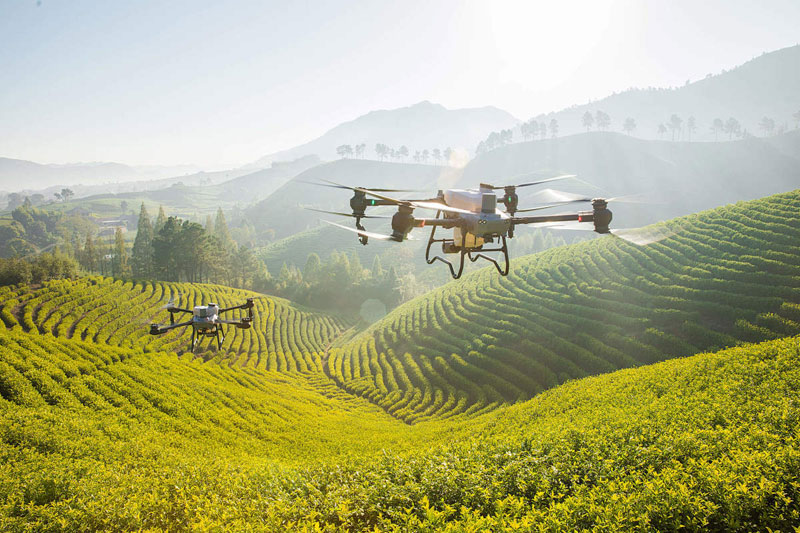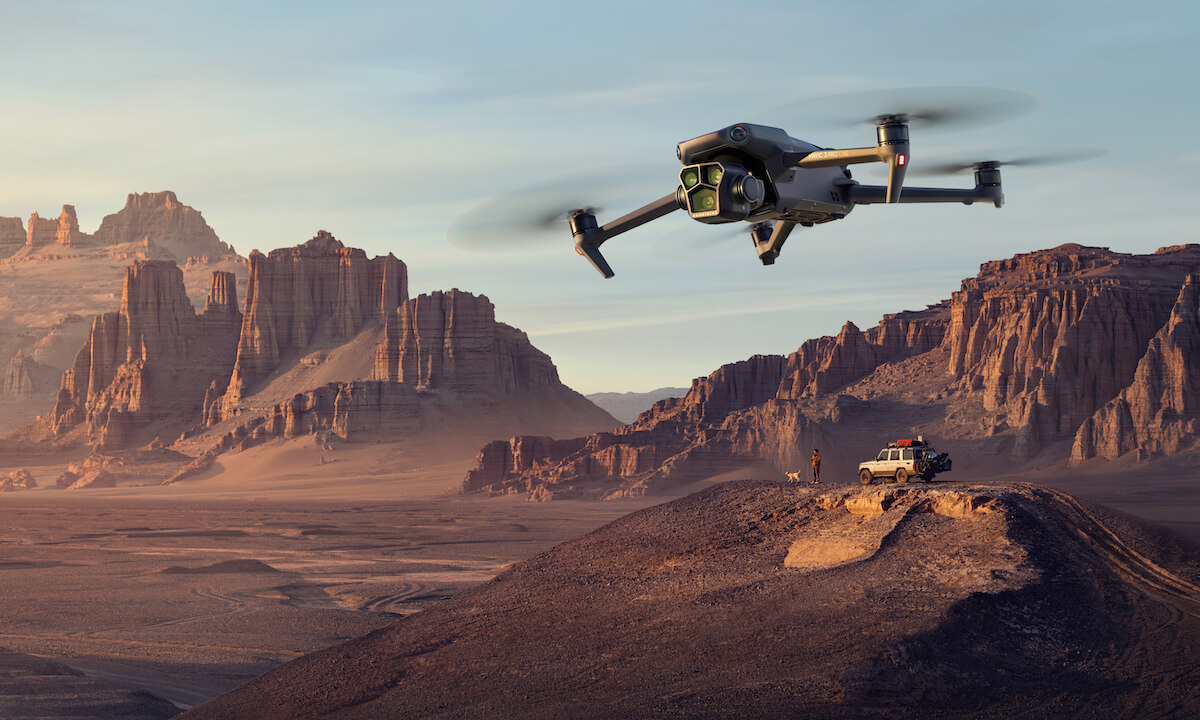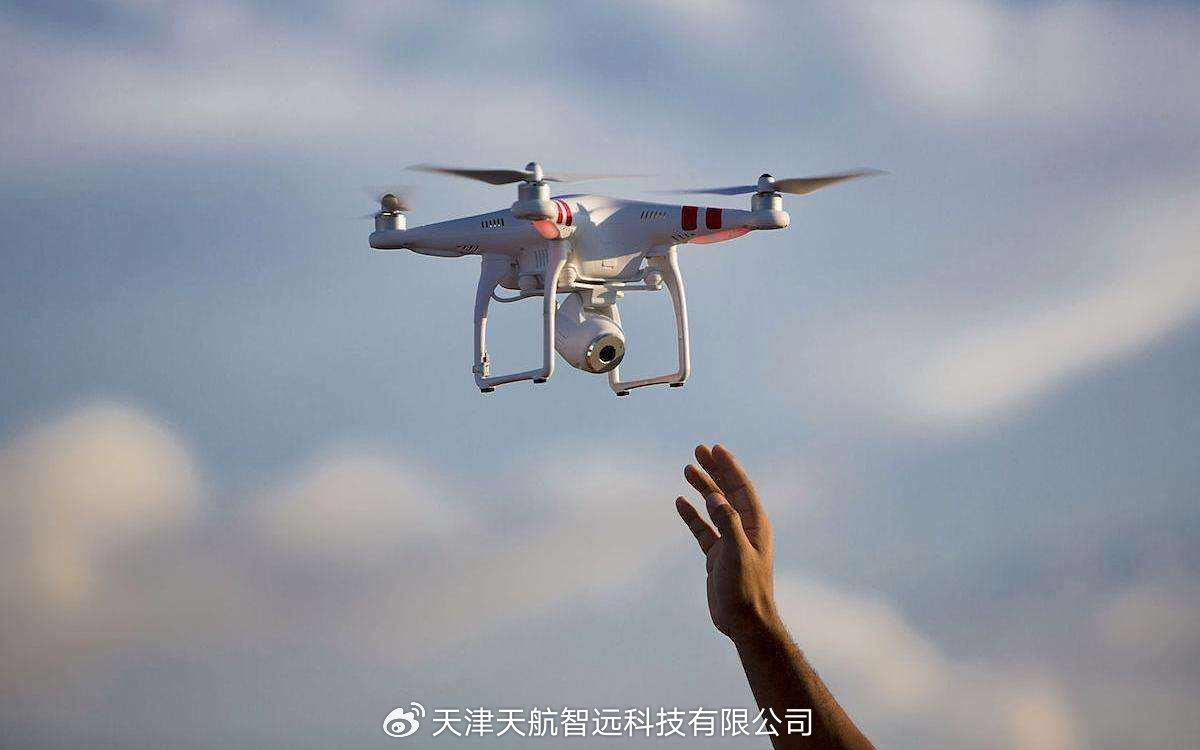Why Register Your Drone?
Registering your drone is not only a legal requirement but also a protective measure that serves many purposes. It helps authorities keep track of drone activity to prevent misuse and promotes responsible flying among enthusiasts. Additionally, having a registered drone ensures that you’re in compliance with the law, preventing any legal complications that might arise during your flight sessions.
Essential Steps to Register Your Drone
- Understand the Requirements: Depending on your location, the registration process and requirements may vary. In the United States, for example, any drone weighing over 0.55 pounds but less than 55 pounds must be registered with the Federal Aviation Administration (FAA).
- Gather Necessary Information: Before beginning the registration process, make sure you have your drone’s make, model, weight, and serial number at hand. This information is essential for filling out the registration forms accurately.
- Complete the Online Registration: Visit the official website of the authority responsible for drone registration in your area. For example, in the U.S., you would visit the FAA’s drone registration portal. Follow the instructions to complete the registration process online, ensuring all information is correct.
- Pay the Registration Fee: Most authorities, including the FAA, charge a nominal fee for drone registration, often around $5. Payment typically can be made online using a credit card or other approved methods.
- Receive Your Registration Number: Upon successful registration, you will receive a unique registration number. Make sure to affix this number to your drone, as it must be clearly visible whenever it flies.
Once your drone is registered, you can explore the marvels of aerial views and capture breathtaking photographs and videos. Remember, responsible flying is key to a safe and enjoyable experience.

Enhancing Your Drone Experience
Beyond registration, enhancing your drone experience involves understanding the local airspace rules and restrictions. Many countries have zones where drone flying is prohibited or restricted, such as near airports or over private property. Make sure to familiarize yourself with these regulations to ensure a safe flight.
Additionally, consider joining local drone clubs or online forums. These communities are invaluable for networking, sharing tips, and learning more about the latest in drone technology and regulations.
The Benefits of Drone Flying

Drone flying offers unique opportunities to witness the world from above. The thrill of piloting a drone, combined with capturing stunning aerial footage, makes it an increasingly popular hobby. Whether documenting a road trip, inspecting property, or simply exploring new landscapes, drone flying provides an unparalleled perspective.
FAQs
Do I need a license to fly my drone?
In most locations, a license is not required for recreational flying. However, if you aim to use your drone commercially, you’ll likely need to obtain a specific license or certification, such as the FAA’s Part 107 certification in the United States.

What happens if my drone is not registered?
Flying an unregistered drone can result in penalties, including fines and other legal actions. Always ensure your drone is registered to avoid these consequences.
Can I register my drone if I don’t live in the U.S.?
Drone registration is applicable globally, but the process varies by country. Check with the local aviation authority for the specific process and requirements in your area.
